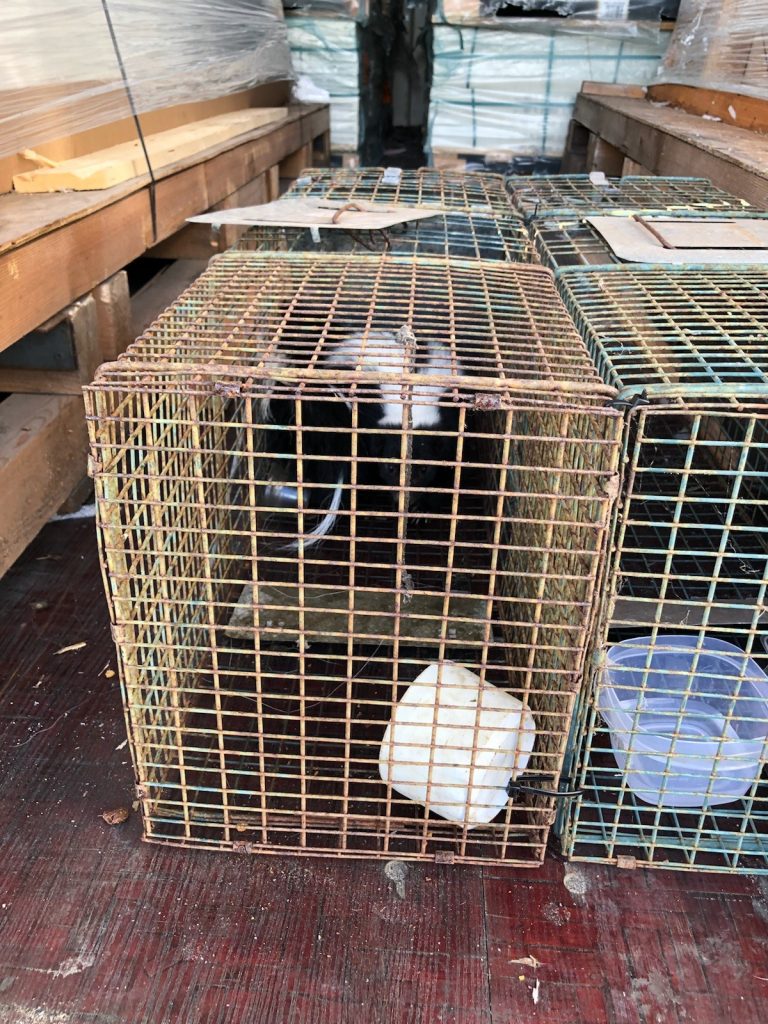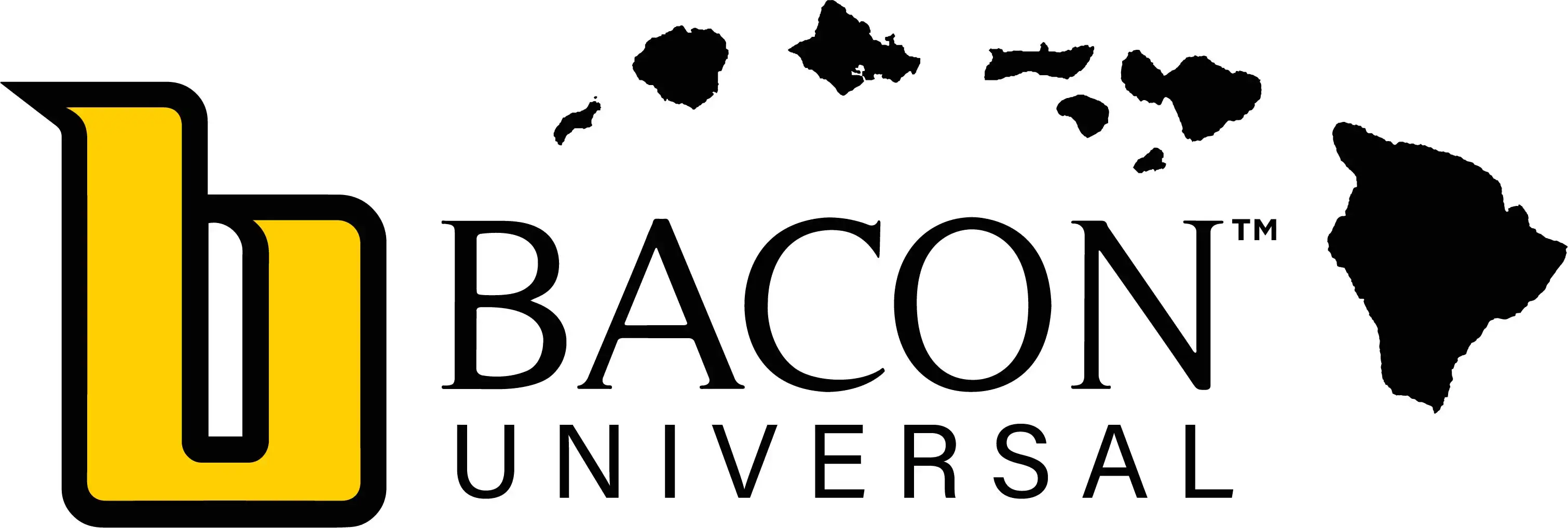Live Skunk Found on Maui in Trucking Container
Workers at a trucking company in Kahului, Maui found a live skunk in a container while unloading ceramic tiles late in the afternoon on Thursday, Aug. 30, 2018.

Skunk found on Maui. PC: Hawai`i Department of Agriculture.
Officials with the state Department of Agriculture say the workers reportedly smelled an odor and thought they saw a critter in the container. They quickly closed the container and called agricultural inspectors at the Maui Plant Quarantine Branch of the Hawaiʻi Department of Agriculture.
Maui inspectors were dispatched to the company and set two traps in the container overnight. The apparent stowaway was found in one of the traps on Friday morning.
The skunk has been identified as a striped skunk weighing about five pounds. The skunk was sent to Oʻahu on Tuesday morning and is being tested for rabies. Results of the test are expected in a few days.

Skunk found on Maui. PC: Hawai`i Department of Agriculture.
“We appreciate the quick reaction of the trucking crew in containing the animal and contacting HDOA inspectors,” said Phyllis Shimabukuro-Geiser, acting chairperson of the Hawaiʻi Board of Agriculture. “Had the animal escaped from the container, it would have been a much larger problem and we are grateful for their awareness and cooperation.”
In the case of stowaway animals, containment of the animal is critical and humans and other animals should not come into physical contact with it.
In February 2018, a live skunk was captured by stevedores at Pier 1 at Honolulu Harbor. That was the first recorded capture of a live skunk in Hawaiʻi.
Skunks are prohibited in Hawaiʻi and are only allowed by permit for research and exhibition in a municipal zoo. Skunks inhabit the US, Canada, South America, Mexico and other parts of the world. They are also one of the four wild animals considered to be the primary carriers of the rabies virus, a fatal viral disease of mammals most often transmitted through the bite of a rabid animal.
Hawaiʻi is the only state in the US and one of the few places in the world that is rabies free.
Sightings or captures of illegal and invasive species should be reported to the state’s toll-free Pest Hotline at 643-PEST (7378).









